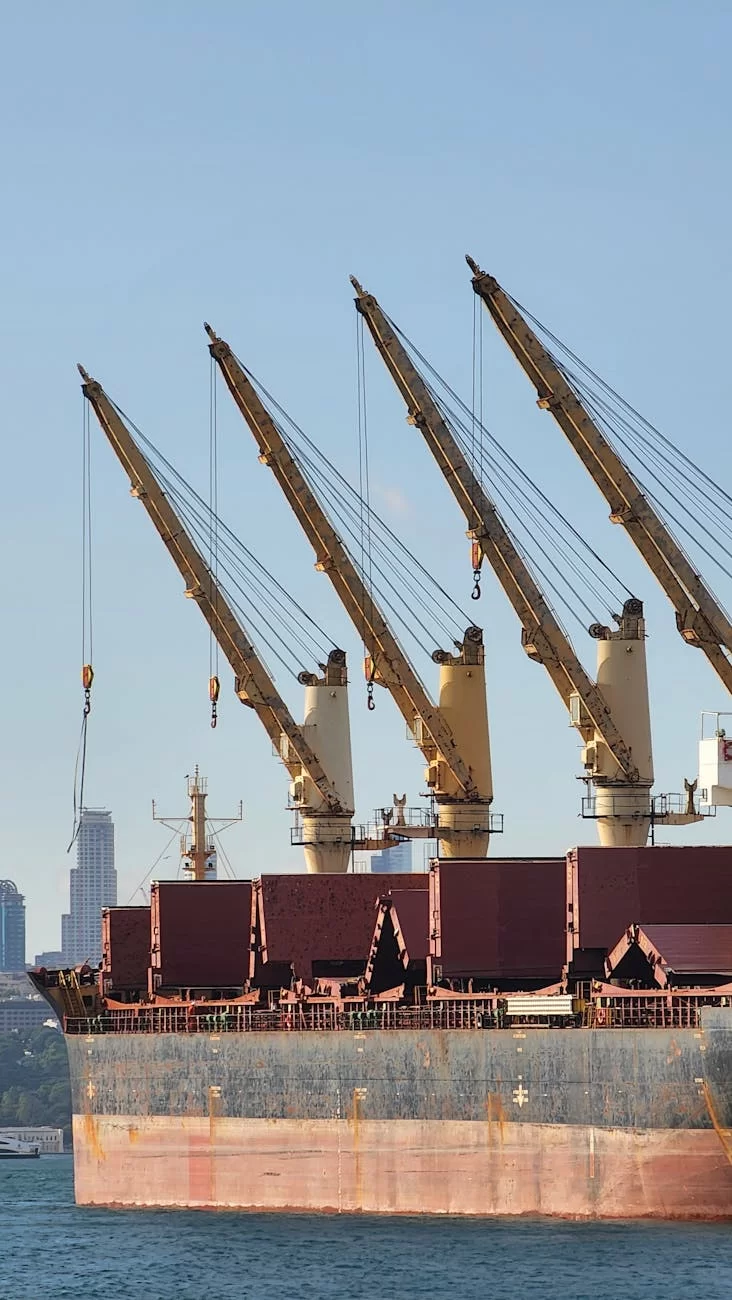As global pandemics recur and regional conflicts are frequent, a seemingly niche industry is quietly operating – medical supplies export agencies. Mr. Wang company exported 20 million masks to Southeast Asia through agency last year, while Mr. Wang medical device factory broke through the CE certification barrier in the European market with the help of an agent. Behind this is a service system as precise as a Swiss watch.
Why do 90% of companies choose agents?

In the field of medical supplies export, qualification certification is like a pass. Taking Zhongmaoda's clients as an example, during an export of ventilators to the Middle East, the agency team completed the following within 72 hours:
- Arabic label conversion
- Local Ministry of Health filing
- Halal certification expedited processing
"It would take at least 3 months to handle the procedures myself," Mr. Wang admitted. More importantly, professional agents can anticipate risks – for instance, when a certain South American country suddenly required the full tracking record of cold chain transportation for vaccines, an agency with a contingency plan immediately utilized its cooperative logistics monitoring system.
Service undercurrents behind the price war
On the surface, agency fees are a cost, but they actually hide profit margins. Mr. Wang once calculated:
- Detention fees for self-declared customs clearance average $2,000 per day
- Losses from miscertification leading to returns are about 35% of the cargo value
- Discounts for missing procurement seasons are about 15-20%
Professional agents, through pre-classification declaration and tariff planning, once helped a client reduce customs clearance costs in the Brazilian market by 42%. This does not include the "green channel" advantage accumulated through long-term cooperation – for example, customs in some countries will prioritize documents submitted by specific agency companies.
Digitalization is rewriting the rules of the game

Leading agency services have now evolved to version 3.0:
- Blockchain traceability system to solve verification problems
- AI automatically matches the latest regulations of target countries
- Big data to predict port congestion cycles
Zhongmaoda's client, through its intelligent system, received alternative route options on the day of the outbreak of the Russia-Ukraine conflict, completing the delivery of medical supplies two weeks earlier than its competitors. This crisis response capability is becoming a new industry threshold.
Is your supply chain truly secure?
When you are discussing export plans in the conference room, consider answering three questions first:
- Do you have access to draft regulatory revisions for the target market in the next six months?
- Do you have backup certified laboratory resources?
- Can you switch logistics solutions within 48 hours?
The export of medical supplies is no longer a simple "freight forwarding" business, but an arena for comprehensive risk management. Next time you see an agent's quote, perhaps you should think from a different perspective: what you save is not just service fees, but also the cost of unseen business opportunities.

Recent Comments (0) 0
Leave a Reply